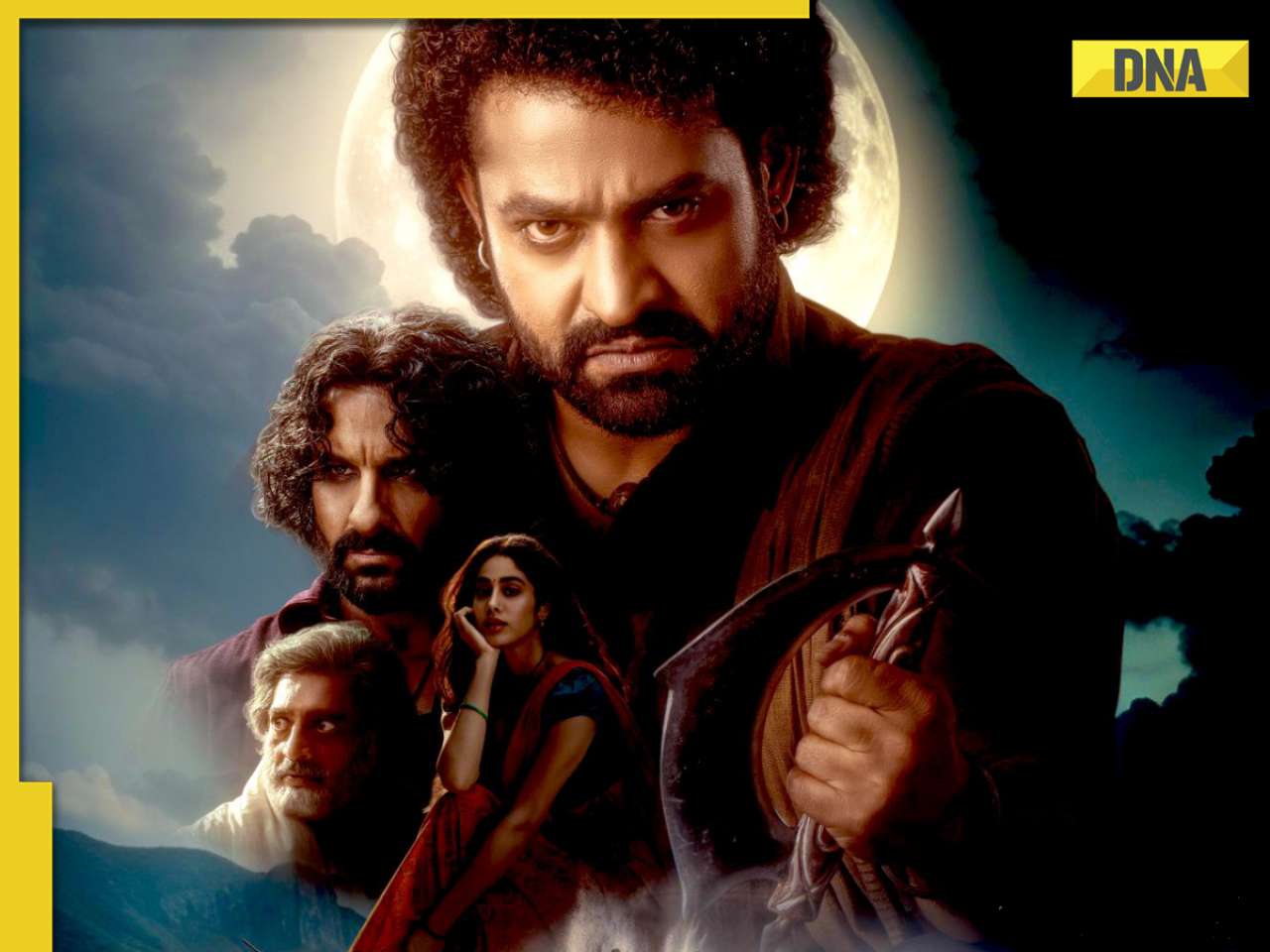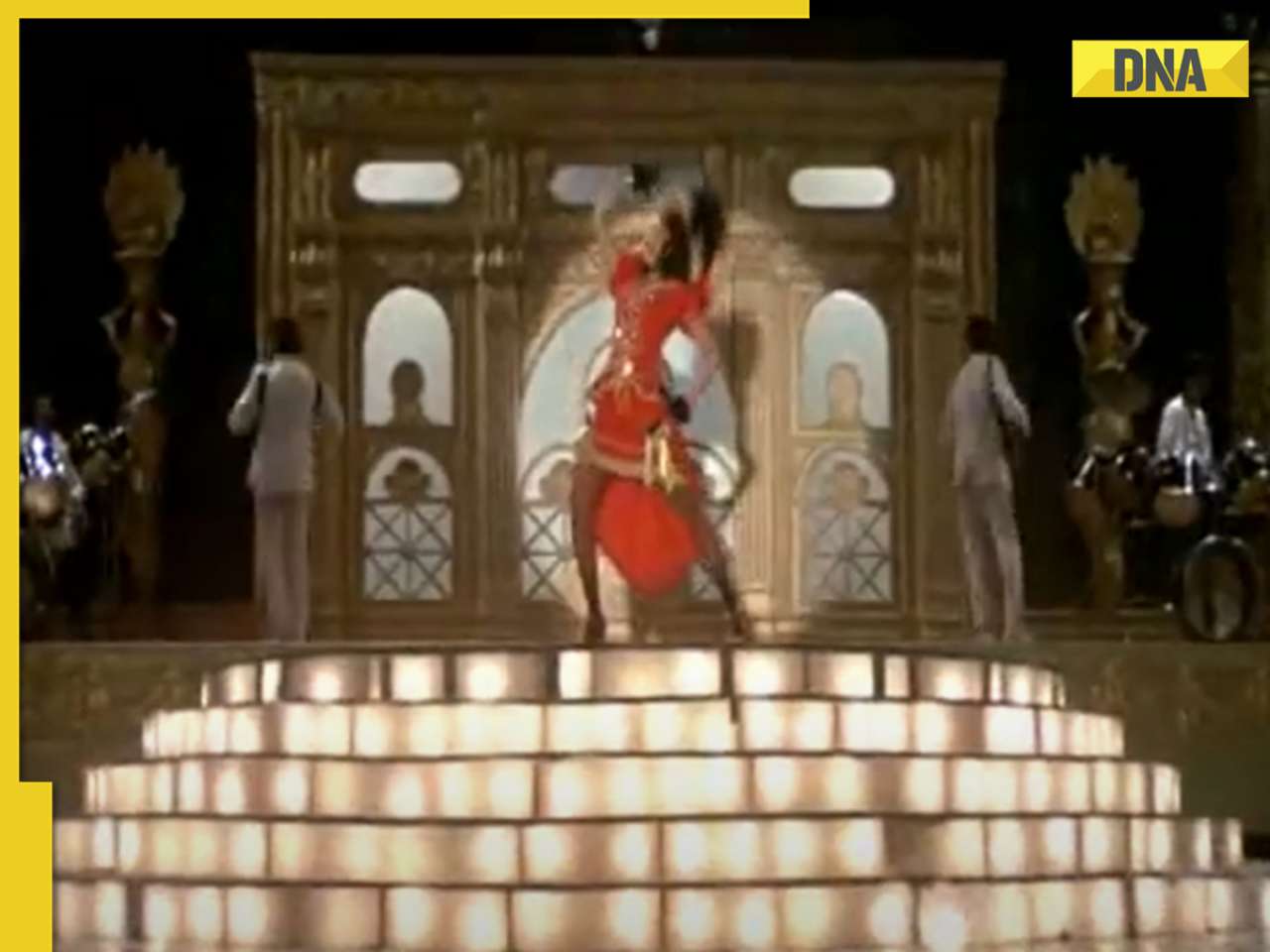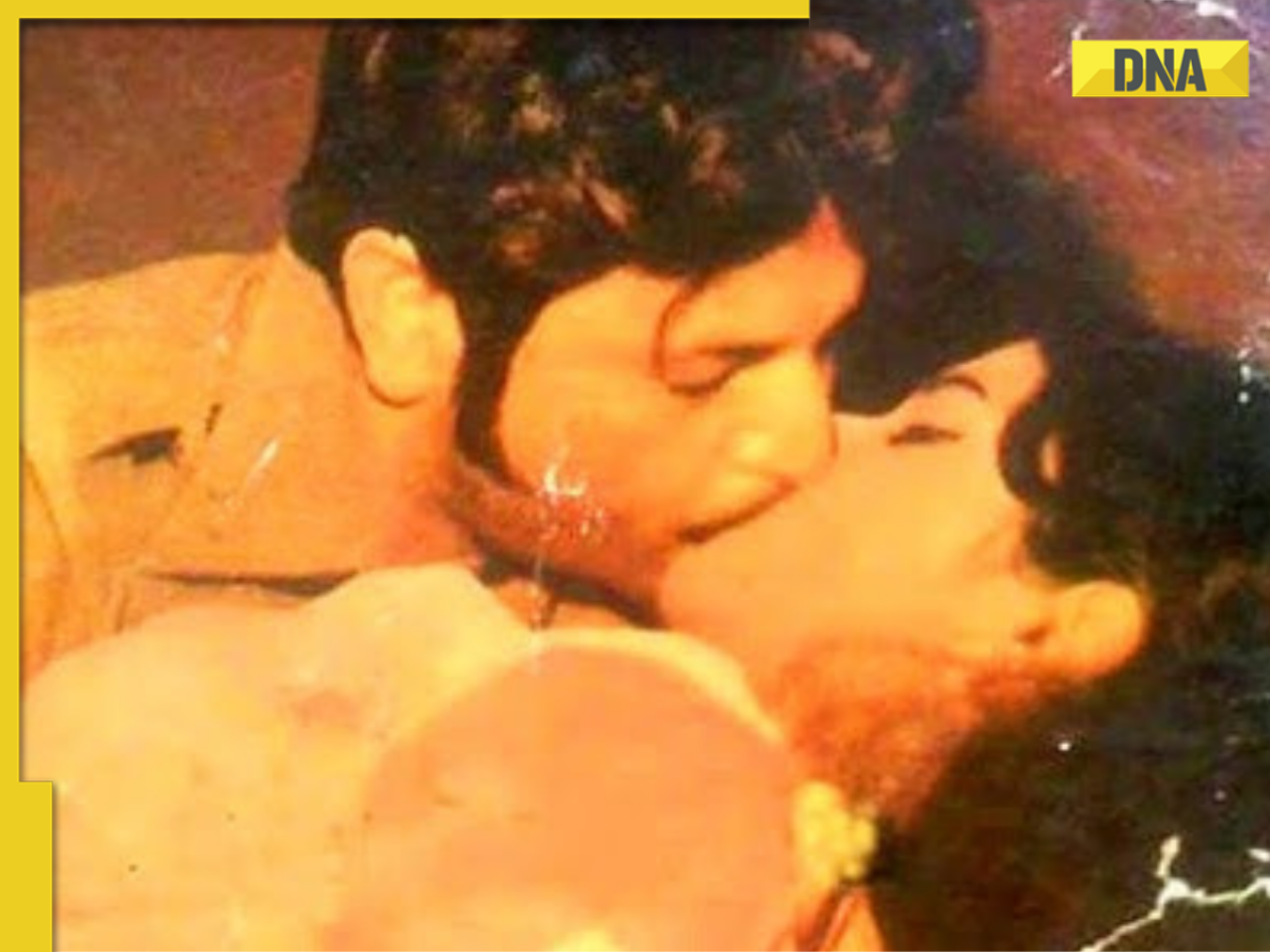Your wedding day is now passé, you have the blues. Your baby has now been delivered, you have the blues. The weekend is so-yesterday, you, yet again, have those dreaded hangover-meets-the-blues. The blues as we know it, “ain't nothing but a good man feelin' bad” if we had to quote Leone Redbone, and has had, in fact, quite a colourful past given the tumultuous social landscape it emerged from – a valid explanation for the visceral and emotional renditions the blues are usually known for.
Some time in the 1890s, the blues took form as an African-American form of music in the deep south of the United States when slaves, ex-slaves and descendants of slaves and share-croppers were seen crooning songs while they toiled in cotton fields. Given that the years that followed were a transitory phase for the US – with the shift in black and white race relations, the blues can effectively be called a force in shaping popular American culture as we know it today. Between 1910 and the 1940s, with a large number of African Americans leaving the south in hopes of leading better lives in the North, the blues went along with them, slowly paving their ways through urban centres of the United States, mainly Chicago. The Blues were not single-handedly invented by anyone and eventually were electrified with the help of the drums and the piano in the late 1940s.
Think of the story of the Blues as the history of African Americans narrated through their most popular music, the history of racial relations, a documentation of struggle, an account of struggle. These work sounds were belched out rhythmically while their tasks were being done. By calling and responding phrases with the help of a lead singer, African slaves combined the folk music of white European settlers to produce a style of music that has influenced pretty much every other style of music we know today. Ironically, the same 'black' Blues have been a driving force for much of the 'white' rock music that exists now.
Swaying to some of Eric Clapton's tunes? The Blues. Making fun of your parents' dance moves to Elvis Presley? Definitely the Blues. Quoting the White Stripes? Well then, hear hear, we're looking at some Blues again. And no points for guessing the influence behind RnB or what is also known as Rhythm and Blues...
![submenu-img]() Natasa Stankovic, Aleksandar Ilic enjoy in Goa pool, netizens believe 'Hardik Pandya crying in corner'
Natasa Stankovic, Aleksandar Ilic enjoy in Goa pool, netizens believe 'Hardik Pandya crying in corner'![submenu-img]() IPL chairman reveals the reason behind Rs 18 crore cap for overseas players
IPL chairman reveals the reason behind Rs 18 crore cap for overseas players![submenu-img]() Scientists reveal hidden ocean within Earth's mantle, 700 kms below surface
Scientists reveal hidden ocean within Earth's mantle, 700 kms below surface![submenu-img]() Solar Eclipse on October 2: Know how fast will the 'Ring of Fire' travel
Solar Eclipse on October 2: Know how fast will the 'Ring of Fire' travel![submenu-img]() Devara box office collection day 4: Jr NTR, Saif Ali Khan, Janhvi Kapoor film begins to lose race
Devara box office collection day 4: Jr NTR, Saif Ali Khan, Janhvi Kapoor film begins to lose race![submenu-img]() Bulldozer Action: 'मंदिर हो या दरगाह, सड़क निर्माण में नहीं बन सकते बाधा', बुलडोजर एक्शन पर SC की बड़ी टिप्पणी
Bulldozer Action: 'मंदिर हो या दरगाह, सड़क निर्माण में नहीं बन सकते बाधा', बुलडोजर एक्शन पर SC की बड़ी टिप्पणी![submenu-img]() IND vs BAN 2nd Test: अनहोनी को किया होनी... रोहित ब्रिगेड की धमाकेदार जीत, बांग्लादेश को 7 विकेट के रौंदा
IND vs BAN 2nd Test: अनहोनी को किया होनी... रोहित ब्रिगेड की धमाकेदार जीत, बांग्लादेश को 7 विकेट के रौंदा![submenu-img]() Bihar Flood: बिहार में बाढ़ ने मचाई तबाही, 10 लाख लोग बाढ़ से प्रभावित, रेस्क्यू में लगी टीमें
Bihar Flood: बिहार में बाढ़ ने मचाई तबाही, 10 लाख लोग बाढ़ से प्रभावित, रेस्क्यू में लगी टीमें![submenu-img]() 'ओम्फो.. धर्राटे काट रही', एक साथ 71 Lamborghini का रौला देख लोग हुए दंग, Video हुआ Viral
'ओम्फो.. धर्राटे काट रही', एक साथ 71 Lamborghini का रौला देख लोग हुए दंग, Video हुआ Viral![submenu-img]() Ram Rahim को फिर मिली पैरोल, 4 साल में 11वीं बार जेल से छूटा डेरा प्रमुख
Ram Rahim को फिर मिली पैरोल, 4 साल में 11वीं बार जेल से छूटा डेरा प्रमुख![submenu-img]() Mahindra Thar Roxx 4x4 prices revealed, starts at Rs…
Mahindra Thar Roxx 4x4 prices revealed, starts at Rs…![submenu-img]() Sebi gives nod to Hyundai India's Rs 20,000 crore IPO, listing month is...
Sebi gives nod to Hyundai India's Rs 20,000 crore IPO, listing month is...![submenu-img]() Tata launches Nexon iCNG, check price, mileage, other features
Tata launches Nexon iCNG, check price, mileage, other features![submenu-img]() This Indian car brand set to acquire 50% stake in Skoda Auto Volkswagen India, deal will cost Rs…
This Indian car brand set to acquire 50% stake in Skoda Auto Volkswagen India, deal will cost Rs…![submenu-img]() Ford to return to India after 2 years with reopening of....
Ford to return to India after 2 years with reopening of....![submenu-img]() CAT 2024 application correction window closes today; check how to make changes, direct link here
CAT 2024 application correction window closes today; check how to make changes, direct link here![submenu-img]() Meet woman who left high-paying job at US govt agency for UPSC exam, became IAS officer with AIR...
Meet woman who left high-paying job at US govt agency for UPSC exam, became IAS officer with AIR...![submenu-img]() This man was behind IT giant valued at over Rs 13.78 lakh crore, born in Peshawar, also known as father of...
This man was behind IT giant valued at over Rs 13.78 lakh crore, born in Peshawar, also known as father of...![submenu-img]() Meet woman, who scored highest marks in UPSC interview history, not Tina Dabi, Smita Sabharwal, she is...
Meet woman, who scored highest marks in UPSC interview history, not Tina Dabi, Smita Sabharwal, she is...![submenu-img]() Meet India's youngest woman to crack UPSC exam at age 21, secured AIR 13, but didn't become IAS due to...
Meet India's youngest woman to crack UPSC exam at age 21, secured AIR 13, but didn't become IAS due to...![submenu-img]() After Hassan Nasrallah's Death, This Cleric Is Now Tipped To Be Hezbollah Leader | Israel | Lebanon
After Hassan Nasrallah's Death, This Cleric Is Now Tipped To Be Hezbollah Leader | Israel | Lebanon![submenu-img]() Hashem Safieddine, Cousin Of Hassan Nasrallah To Become Hezbollah's New Chief | Israel-Lebanon War
Hashem Safieddine, Cousin Of Hassan Nasrallah To Become Hezbollah's New Chief | Israel-Lebanon War![submenu-img]() Israel Hezbollah War: Nasrallah's Death, A Turning Point for Hezbollah's Future? Experts Explain
Israel Hezbollah War: Nasrallah's Death, A Turning Point for Hezbollah's Future? Experts Explain![submenu-img]() Israel Hezbollah War: Hassan Nasrallah's Death Leads To Protests In J&K, Ex-CM Mehbooba Mufti Reacts
Israel Hezbollah War: Hassan Nasrallah's Death Leads To Protests In J&K, Ex-CM Mehbooba Mufti Reacts![submenu-img]() Israel Hezbollah War: Nasrallah's Death Leads To Protest By Women & Children In Jammu And Kashmir
Israel Hezbollah War: Nasrallah's Death Leads To Protest By Women & Children In Jammu And Kashmir![submenu-img]() Meet man who had 20 failed start-ups, got inspired by empty refrigerator, currently owns firm worth Rs 85158 crore...
Meet man who had 20 failed start-ups, got inspired by empty refrigerator, currently owns firm worth Rs 85158 crore...![submenu-img]() Ratan Tata's company ends 'legacy steel making' after 100 years, we know the reason
Ratan Tata's company ends 'legacy steel making' after 100 years, we know the reason![submenu-img]() Google rejected this man's request, he left company, now re-hired for Rs 22625 crore
Google rejected this man's request, he left company, now re-hired for Rs 22625 crore![submenu-img]() Keep your demat account safe from fraud with these 6 tips
Keep your demat account safe from fraud with these 6 tips ![submenu-img]() Understanding The New Health Insurance Regulations In India: What Policyholders Need To Know
Understanding The New Health Insurance Regulations In India: What Policyholders Need To Know![submenu-img]() 7 unknown facts about Mithun Chakraborty, Dadasaheb Phalke Awardee
7 unknown facts about Mithun Chakraborty, Dadasaheb Phalke Awardee![submenu-img]() 7 things to keep under your pillow for money and luck
7 things to keep under your pillow for money and luck![submenu-img]() 10 thirst trap pics of Janhvi Kapoor
10 thirst trap pics of Janhvi Kapoor![submenu-img]() From jumping ropes to push-ups: 7 effective morning exercises to lose weight
From jumping ropes to push-ups: 7 effective morning exercises to lose weight ![submenu-img]() XXX show actress Aabha Paul dances to popular Bollywood songs in sexy videos
XXX show actress Aabha Paul dances to popular Bollywood songs in sexy videos![submenu-img]() 'Gone to Adani's pocket': LoP Rahul Gandhi claims BJP govt intends to snatch away pensions from Agniveers
'Gone to Adani's pocket': LoP Rahul Gandhi claims BJP govt intends to snatch away pensions from Agniveers![submenu-img]() What is Green War Room, created to curb Delhi air pollution?
What is Green War Room, created to curb Delhi air pollution?![submenu-img]() MUDA scam: ED books Karnataka CM Siddaramaiah in money laundering case
MUDA scam: ED books Karnataka CM Siddaramaiah in money laundering case![submenu-img]() Big relief for UP boy who lost IIT seat over Rs 17000 fees, here's what SC said
Big relief for UP boy who lost IIT seat over Rs 17000 fees, here's what SC said![submenu-img]() FM Nirmala Sitharaman, other BJP leaders get relief as Karnataka HC halts extortion case probe
FM Nirmala Sitharaman, other BJP leaders get relief as Karnataka HC halts extortion case probe














































)
)
)
)
)
)
)
)
)
)
)
)
)
)
)





)
)
)
)
)
)